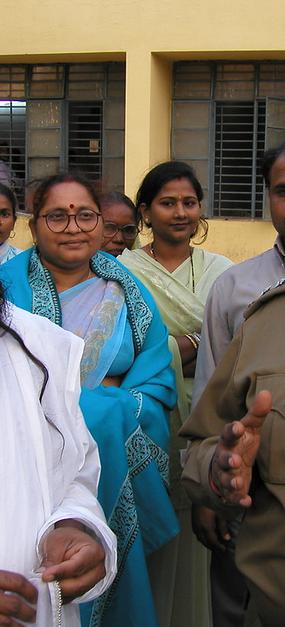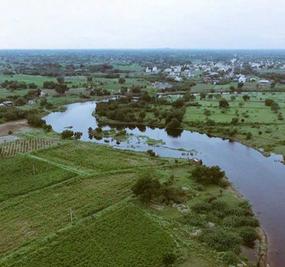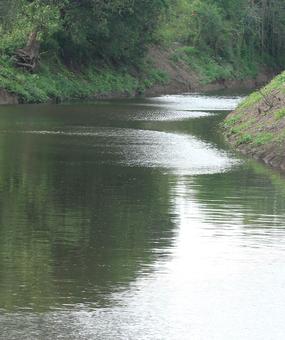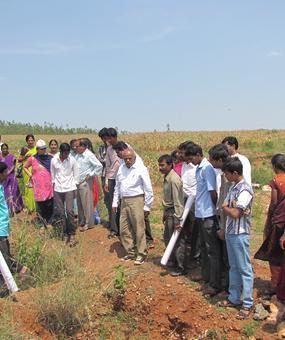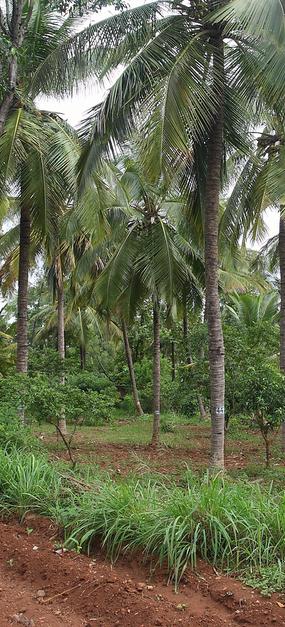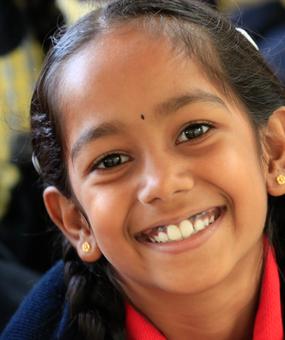Swapnali More, a Mumbaikar, regularly visits a 33-acre site in the city of Rabale in Navi Mumbai to plant trees. “There is no space in Mumbai to do tree plantation and I love greens. This place is my chance to be with nature and give this city more fresh air.”
The site Swapnali visits regularly is a man-made forest, which three years ago was a hot arid land surrounded by industries. Located in the Tetvali area of Rabale, the land started seeing a shift in 2017 when VVKI (Vyakti Vikas Kendra India, a charitable trust under the aegis of The Art of Living), and Hariyali Foundation signed a tripartite with the forest department of Maharashtra.
Under the agreement, VVKI and Hariyali will plant and maintain 17,500 trees and hand over the land to the Maharashtra forest department in 2024. Hundreds of volunteers like Swapnali have found this site a way to connect with nature amidst the concrete jungle of Mumbai and a way to revive the city’s lost lands. Their efforts have reduced the temperature of the place by 2.5 degrees and attracted a variety of biodiversity.
The mechanics of making a man-made forest
In a span of three years, 14,000 trees of 50 different varieties have been planted at the site. What is their survival rate, you ask? It is a surprising 90 percent! The remarkable feat is a result of the knowledge expertise of the Hariyali Foundation which has previously made two man-made forests, and the resources pooled in by VVKI and its partner organization IAHV (a sister concern of The Art of Living).
“Under the guidance of Hariyali, we built 3 check-dams that store rainwater, 17 bandharas, 2 borewells, and have set-up a drip-irrigation system over 60% of the land. The site is also maintained by full-time workers who help in activities like weeding. These measures have helped maintain the high survival rate of the plants,” says Nagesh Vankadari, Project Lead, IAHV-VVKI.
Nakshatravanam – an ancient system of forest
Hariyali has also set up nakshatravanam, a unique ancient system of forest over one acre of the site. Under this forest system, 108 saplings of trees corresponding to 27 nakshatra (constellations) are planted. For this particular forest, the saplings have been bought from all over India. According to scriptures, the seeds of these plants germinate when a particular nakshatra is prominent in the sky. Moreover, these plants are believed to have healing powers.
To finance the undertakings of the project, IAHV-VVKI has roped in 11 corporate names like BNY Mellon and Tata Communications among others as CSR partners.
“Also, as a means of employee engagement activities, these corporate organize tree plantation activity at the site. We help them implement these activities by coordinating all logistics,” adds Nagesh.
Despite the success of the project, the team encountered a few challenges. “Once, a forest fire took away 4, 000 trees planted by us,” says Nagesh, continuing, “We immediately put off the fire and later replanted the same number of trees from June 2019 to September 2019.”
In spite of such challenges, the team is confident of the project’s success. “At the end of the project term, we will definitely give the proposed number of trees with a height of more than 10 feet,” says Suresh Patankar, trustee and former President of Hariyali.
Suresh hopes that this place will become a place where city-dwellers can trek and connect with nature – something which has already started happening.
In a city like Mumbai, the man-made forest in Rabale is certainly a boon that Mumbaikars cannot miss!



